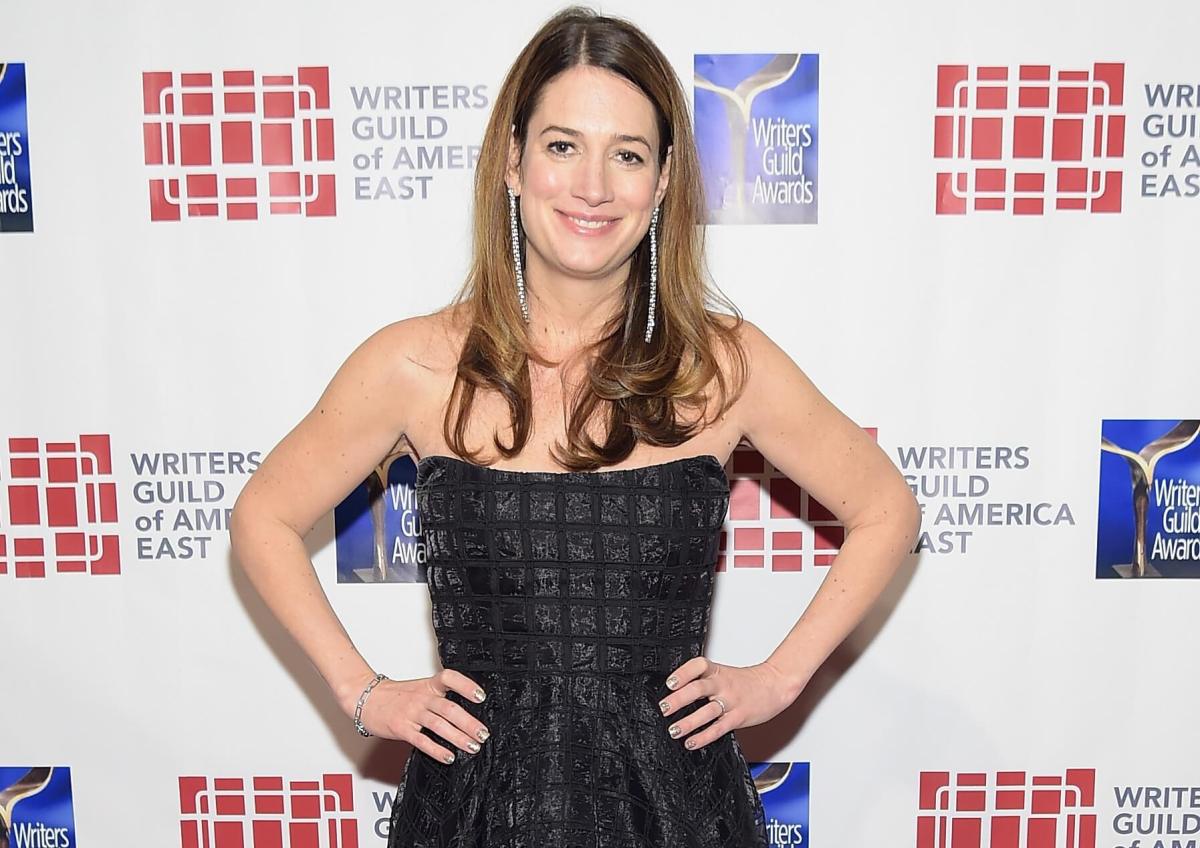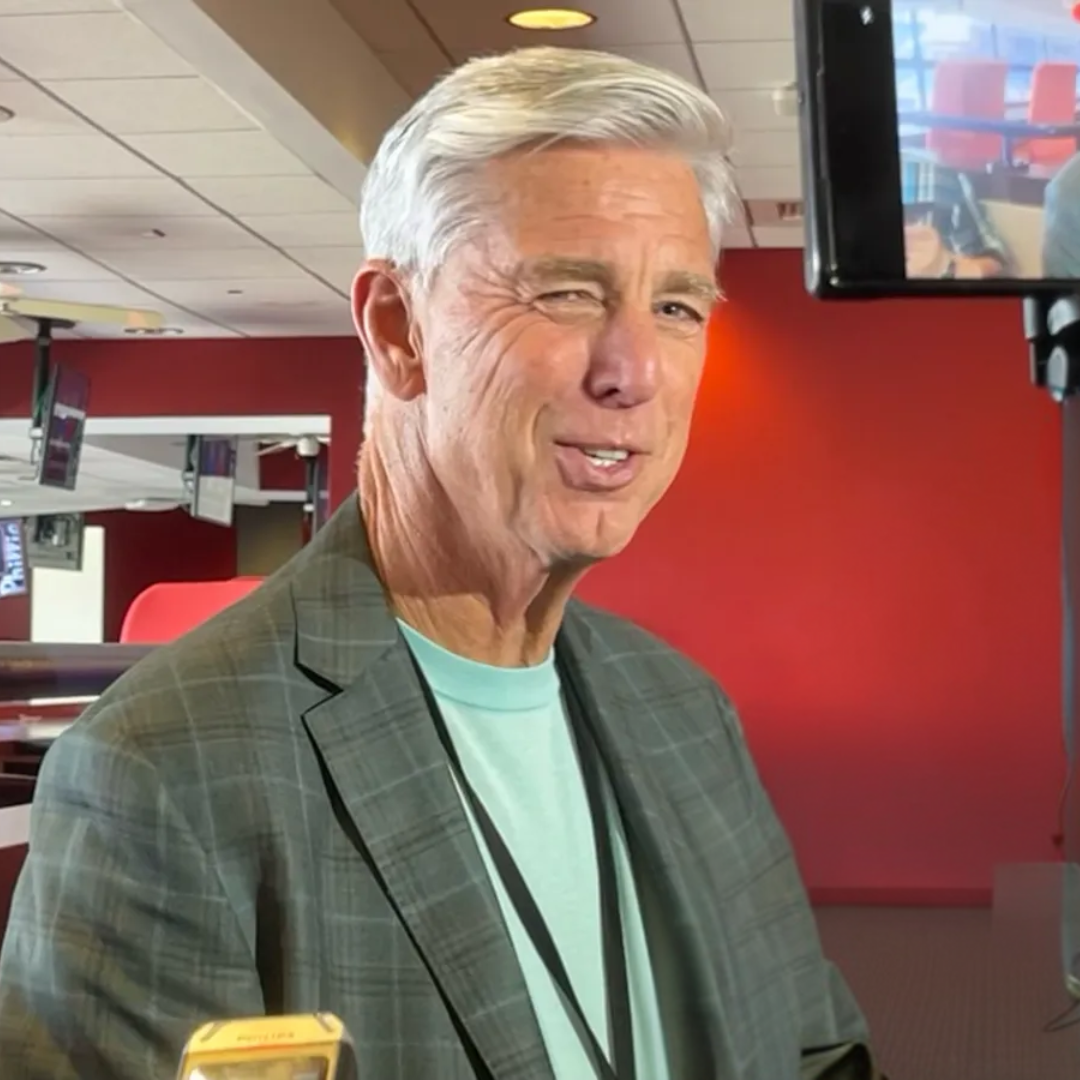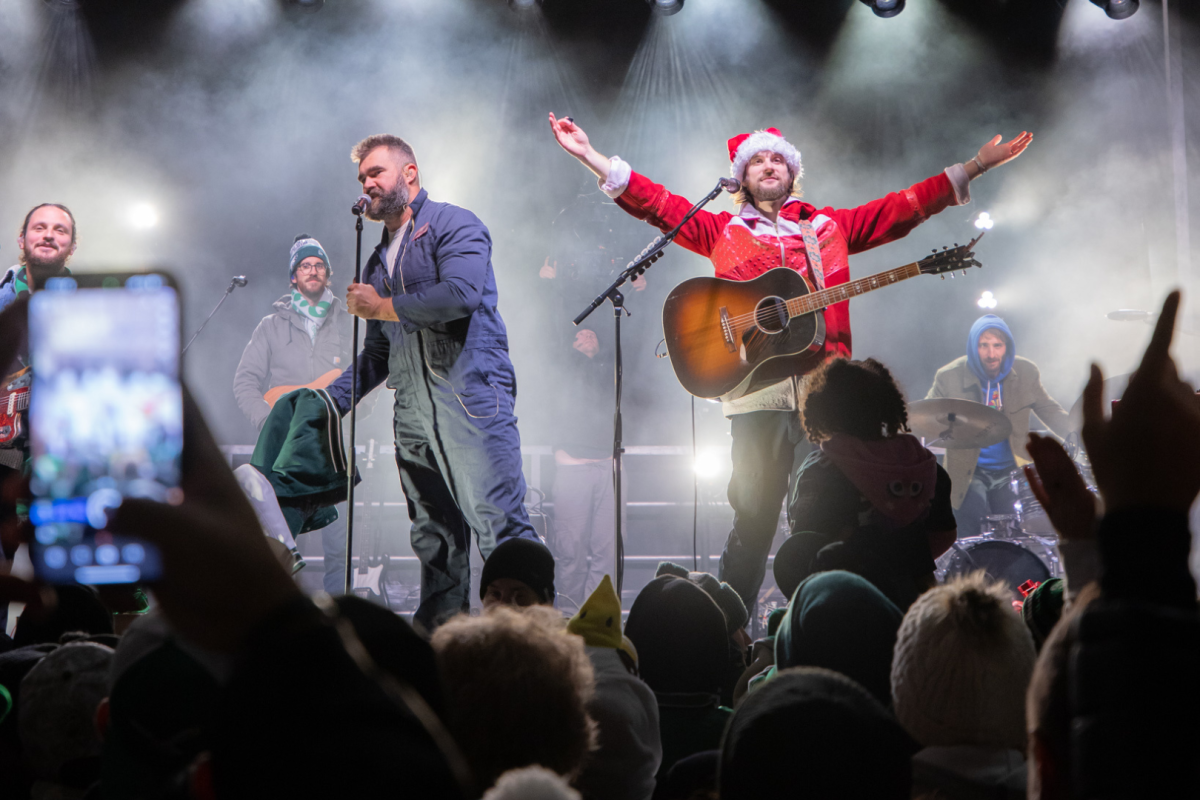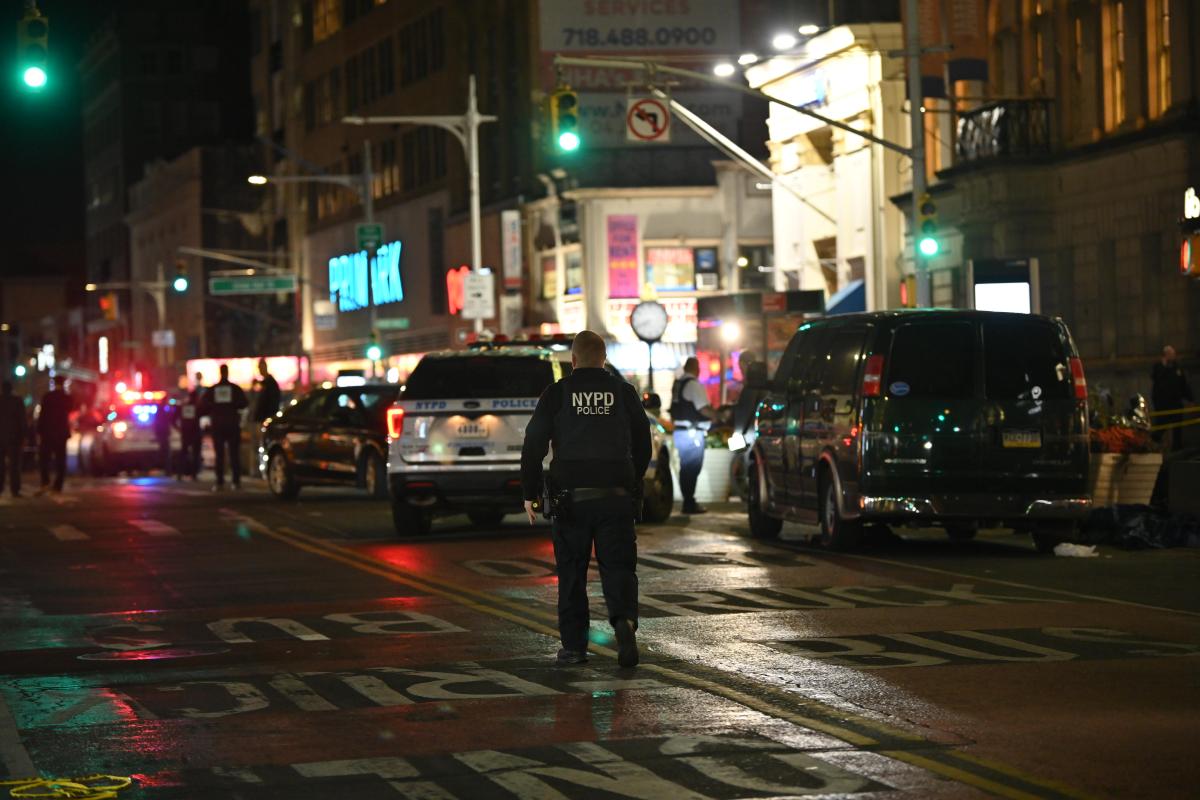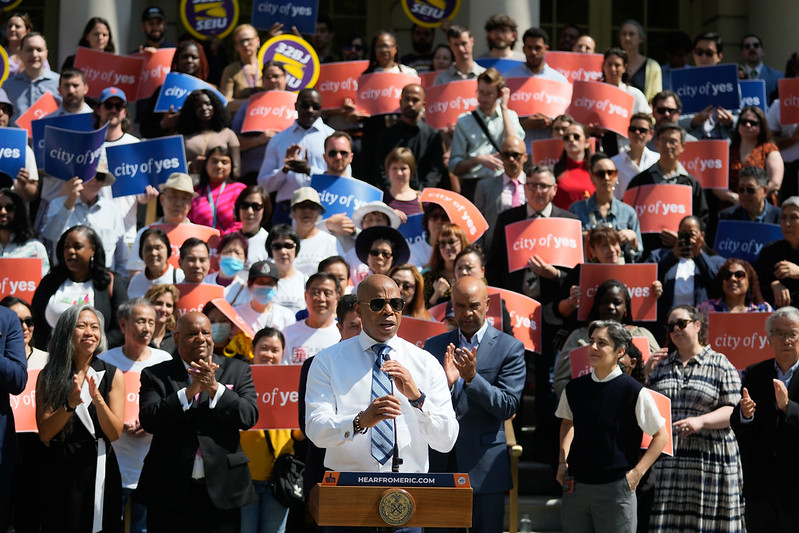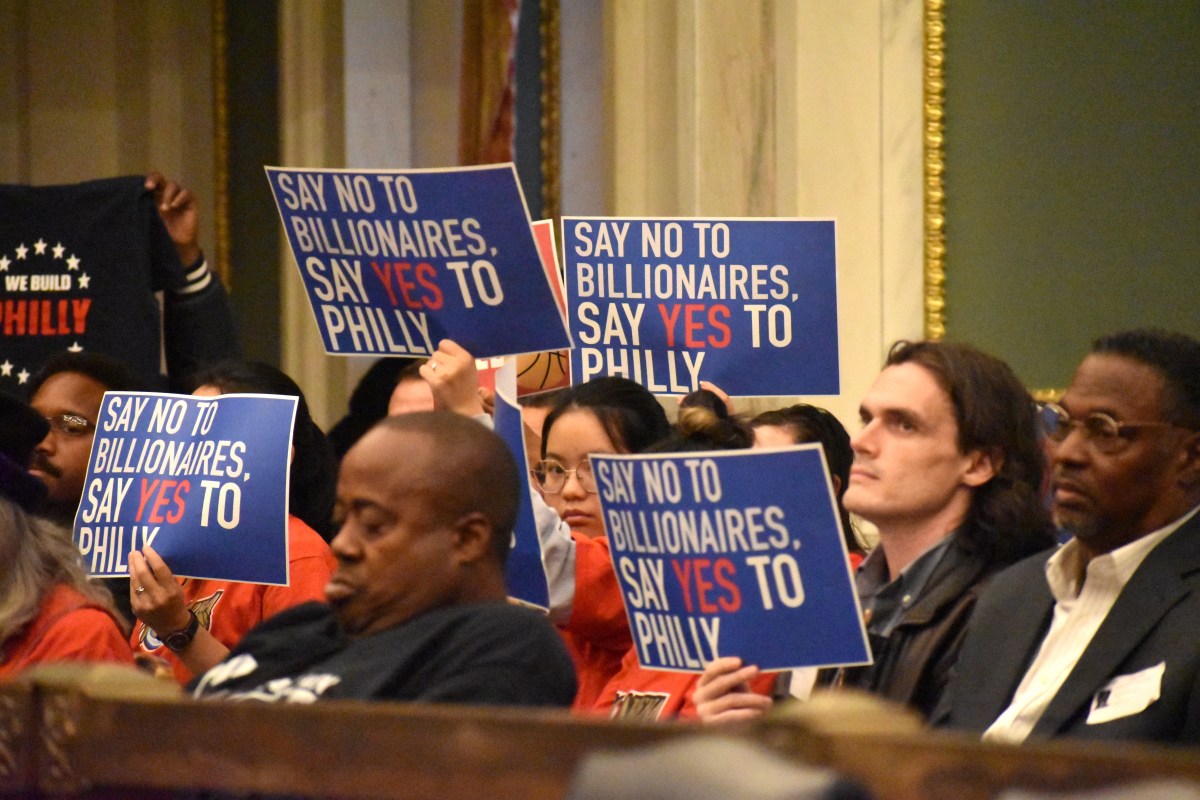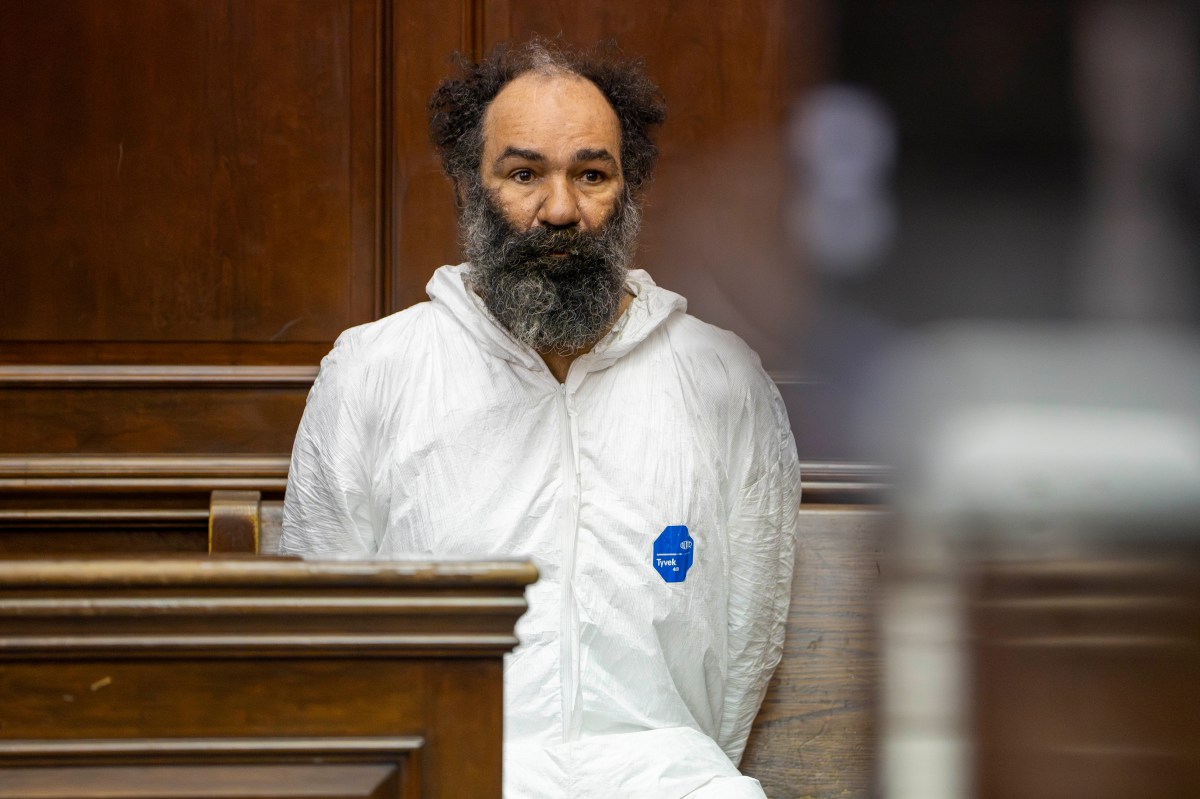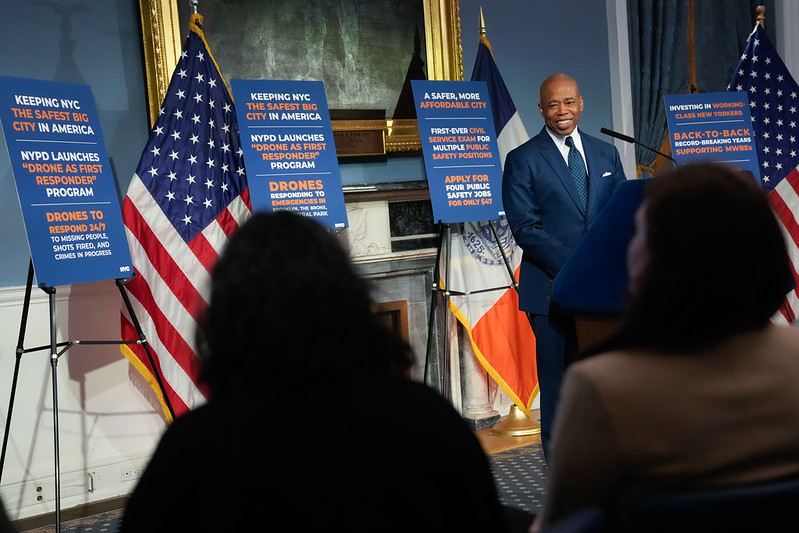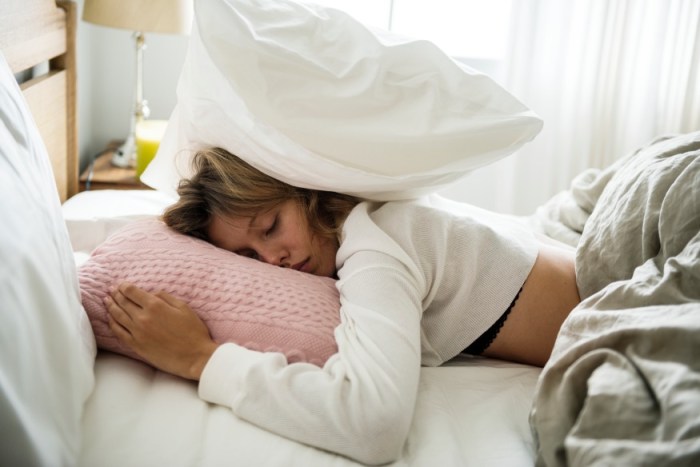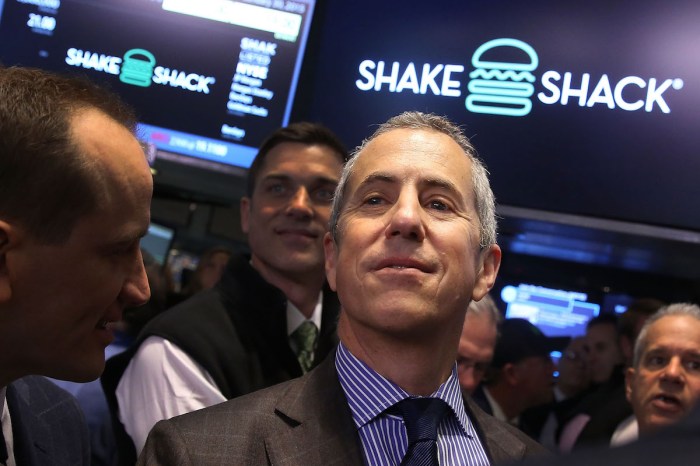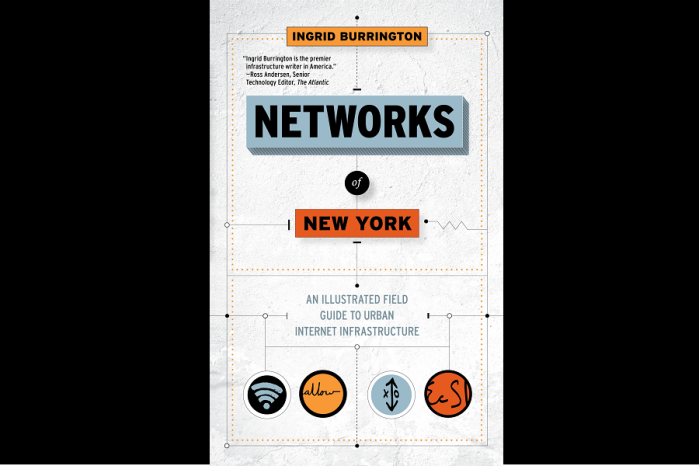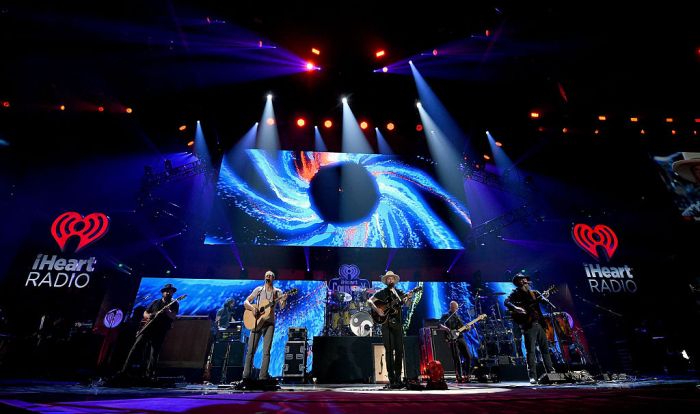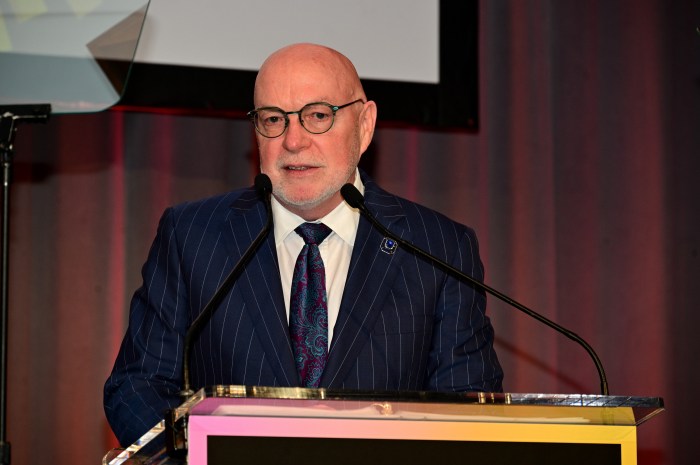When Gillian Flynn sat down to write her novel “Dark Places,” she really, truly tried to center the story on a less troubled female protagonist, but that just wasn’t in the cards. “In the first draft, I was like, ‘I’m not going to write another dark female narrator.’ And the Libby I created was just ridiculous,” Flynn explains. “She was more, ‘We’re going to solve this murder! Let’s go!’ Really optimistic. Like a jazzercise instructor. Ludicrous. So I just erased her and started over again, with the opening line of the book: ‘I have a meanness inside of me.’ Then I really had her.” It may sound crazy, given Flynn’s success with novels that portray darkly complicated, complex female characters, but that approach was something of a tough sell early on.
“When I first started writing my first book, ‘Sharp Objects,’ I was writing it with a little sense of a vacuum of interesting female characters — in particular female anti-heroes,” Flynn says. “We got turned down by quite a few places that said, ‘Women aren’t going to read about a woman they don’t like. And men will definitely not want to read about a woman who’s bad.’ And to me, I was like, ‘What era is this?'” RELATED:For the record, Charlize Theron is not attracted to to angry, dark people Those publishers are likely kicking themselves now, since Flynn followed “Sharp Objects” up with the novels “Dark Places” and “Gone Girl.” That bestseller became a hit film from David Fincher, starring Ben Affleck and Rosamund Pike — with a script adaptation by Flynn herself — and now “Dark Places” has hit theaters, starring Charlize Theron as Libby, the troubled woman revisiting the horrific murder of her family when she was a child. Given the success of “Gone Girl” and with Flynn now seeing “Dark Places” adapted for the screen, it would be understandable if she started planning out her future books with an eye toward how they might do as movies. But she swears she hasn’t. RELATED:Gillian Flynn’s book club recipe
“I don’t think so, but I have not started the next book — don’t tell my publisher, that’s off the record,” she jokes. But kidding aside, it’s not an approach she’d advise for herself or other writers, as the results can be not so impressive. “I think writing a book with film in mind is a way to write a really bad book. You can usually tell those books are sort of packaged to become films,” she says. Which is not to say her recent forays into Hollywood won’t have some sway on her creative process going forward, of course. “I think that will be one of those things, one of those voices on my shoulder — shoulders? Now I’ve confessed too much! — that I’ll be kind of battling a little bit with the next book, is trying to fight that urge to make it seem commercial or film-able or whatever it is,” Flynn admits. “Because, you know, you don’t necessarily read ‘Dark Places’ and think, ‘What an easy thing to film!'”
Gone Girl author Gillian Flynn goes Hollywood again with Dark Places
